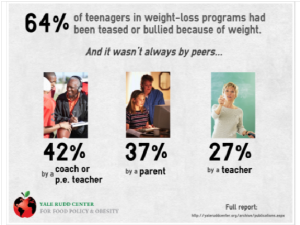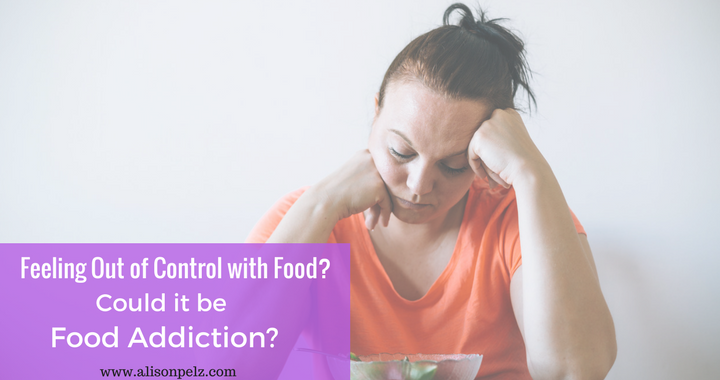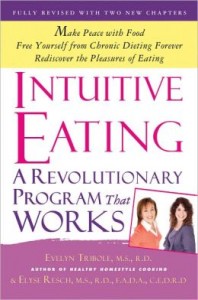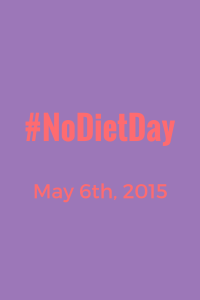According to an on-line dictionary stigma is defined as “a mark of disgrace associated with a particular circumstance, quality or person”. Synonyms of stigma include shame, disgrace and dishonor. Weight stigmatization is essentially shaming and blaming people about their body weight.
In efforts to promote awareness and ultimately prevention of weight bias in our culture, The Binge Eating Disorder Association sponsors a week long Weight Stigma Awareness Week annually in September. This year’s theme, held September 21st through 25th, is “Bias and Bullying: Weight Stigma in Diverse Communities.”
Studies suggest that weight bias may actually INCREASE the likelihood of obesity, binge eating and staying obese.
 Weight stigma is wide spread throughout our society including areas of employment, education and health/mental health care. Studies indicate that weight stigma is on the rise in our society. Weight stigma often is internalized by individuals which can lead to shame, hopelessness, isolation, etc.
Weight stigma is wide spread throughout our society including areas of employment, education and health/mental health care. Studies indicate that weight stigma is on the rise in our society. Weight stigma often is internalized by individuals which can lead to shame, hopelessness, isolation, etc.
A recent study published in Pediatric Obesity (July 2015) found that weight-based bullying is the most prevalent form of bullying in our youth. This study found that more kids are being teased about their body weight than academic ability, physical/cognitive disables, sexual orientation, race & ethnicity or religion. According to the Yale Rudd Center for Food Policy and Obesity, the consequences of weight-based bullying increases our children’s risk for depression, anxiety, low self-esteem, poor body image, suicidal thoughts, poor academic performance and avoidance of health promoting behaviors.Continue reading→





